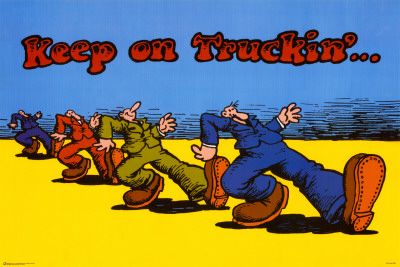You need to assess yourself on a yearly basis and see how far you have gone
and what you still need to work on.
–Sunday Adelaja
For those familiar with our book “12 Steps For Courageous Leadership” you’re aware of our belief that courage is the most important attribute required in order for leaders to be effective and successful.
Below are the 12 “Courageability” factors we’d like you to self-evaluate. Score yourself from 1 – 10
(1 = poor and 10 = superb).
Score
_____ Lives and works with passion
_____ Documents and shares your goals
_____ Commits to addressing and tracking your goals
_____ Understands and leverages your strengths and the strengths of others
_____ Communicates with confidence and clarity
_____ Manages conflict and understands how it can be inspirational
_____ Develops others
_____ Effectively delegates
_____ Continually commits to enriching your skill-set
_____ Remains controlled at all times
_____ Consistently rewards and recognizes others
_____ Learns and grows from failures
How were your scores? Were any below 7? What about less than 5?
Are you a courageous leader?
Take time to regularly assess how you spend your time. Be ready to make changes that suit the goals pursued at a particular time.
― Israelmore Ayivor, Shaping the dream








